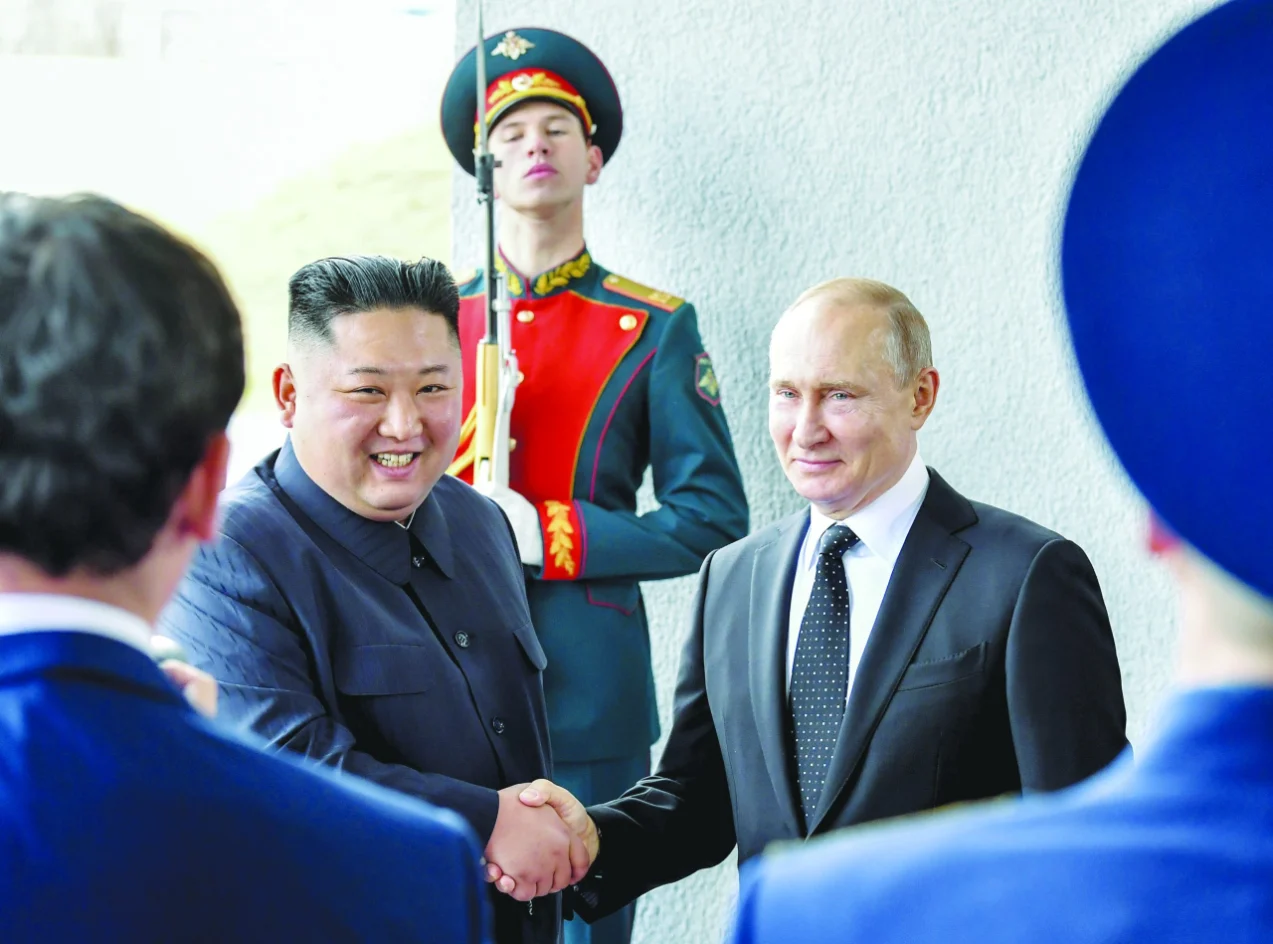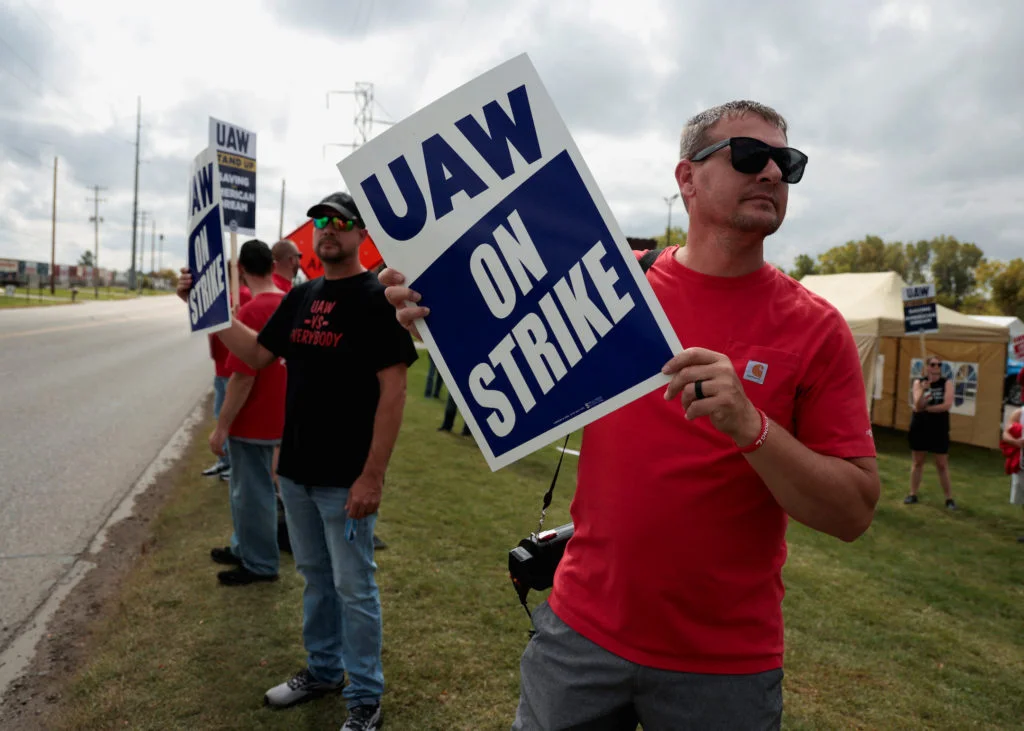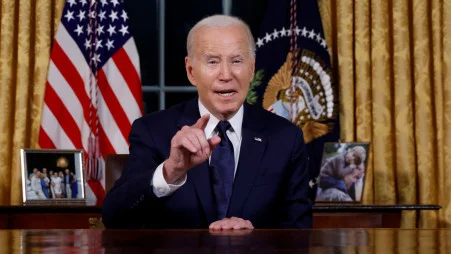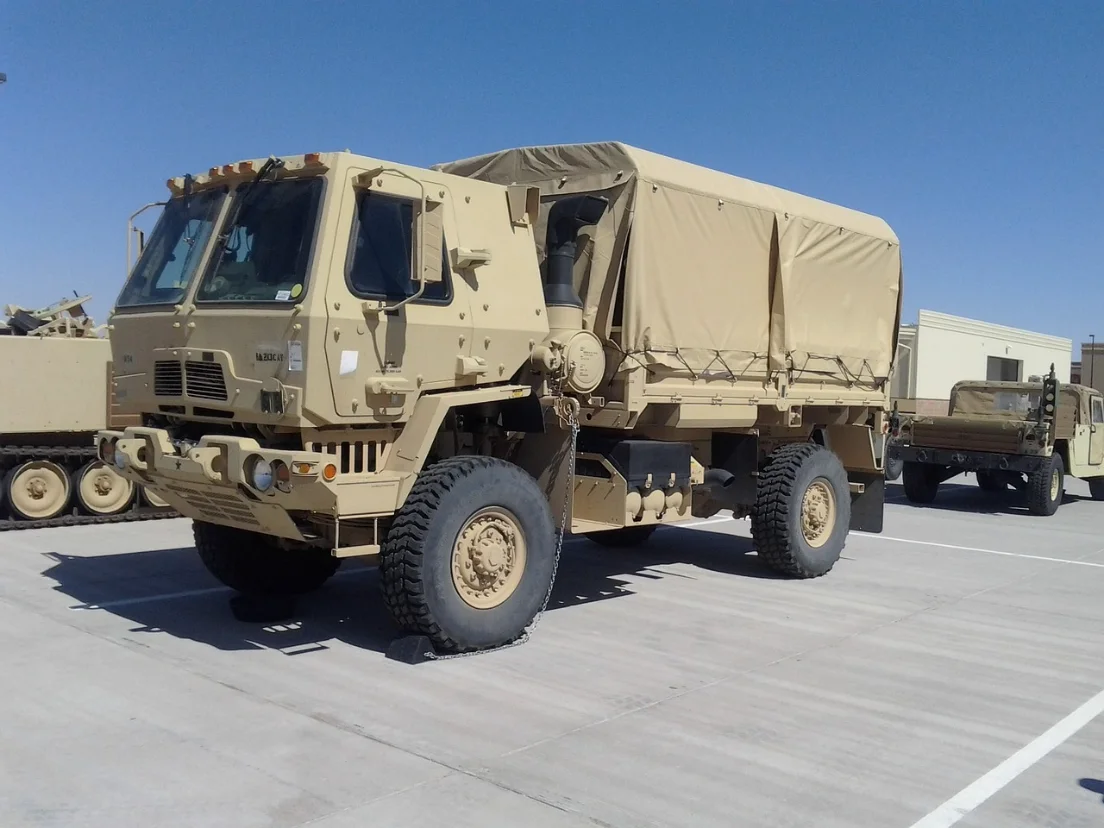Last month, two powerful leaders met in a remote part of Russia’s far east. This was the second meeting between Vladimir Putin and Kim Jong Un, and it happened at the Vostochny Cosmodrome, a significant facility for launching long-range rockets and missiles.
This time, the focus was on military matters. Both sides had more military leaders than usual in their delegations. After enjoying a lunch of crabmeat dumplings, Kim and his group visited several Russian military sites, including an air force base and a factory where jet fighters are produced. The local governor gave Kim some newly made drones and high-tech body armor as souvenirs.
It might seem like Russia is getting ready to increase its military cooperation with North Korea, perhaps even buying North Korean ammunition for the conflict in Ukraine. There’s also speculation that Russia might be willing to provide Kim with missiles, satellites, and nuclear submarine technology as rewards.
Making such deals would break international rules set by the UN Security Council, rules that Russia itself had supported in the past. While it’s no surprise that Russia might not always follow these rules, the big question is why they are making these deals so openly. There was no need to bring Kim to the space base and show him around in front of TV cameras. They could have quietly discussed these matters with a group of engineers and air force officers in regular clothes, which would have kept things more discreet and allowed them to deny involvement if needed.
The summit’s strong focus on military matters and the not-so-subtle hints and suggestions in their statements make it seem like Russia wants the world to believe they are going to cooperate with North Korea.
When people talk about military cooperation between North Korea and Moscow, there are two main topics: the transportation of North Korean ammunition to Russia and the transfer of Russian military technology to North Korea.
There have been reports about North Korean shipments as far back as September 2022, but there hasn’t been any concrete evidence of this ammunition being used in combat. The only known instance was when Ukrainian troops claimed to have received it from a ‘friendly country’ after intercepting a North Korean ship at sea.
This doesn’t mean there haven’t been any shipments, but it suggests that the amounts involved are not substantial. This isn’t surprising because North Korea, despite its heavy military focus, is a small economy with limited production capabilities.
What about the hinted technology transfers that were talked about during the summit? Well, for Russia, there isn’t much to gain from them. North Korea can’t afford to pay the full price for these expensive technologies. Moreover, once they receive these technologies, Russia would lose control, and North Korea might even resell them to other countries, something they’ve done in the past. Back in the 1980s, there were reports of North Korea selling Iran copies of Soviet missiles, and these missiles were made using technology that North Korea had likely acquired through illicit means, possibly from Egypt or Syria.
Lastly, such transfers wouldn’t sit well with China. China prefers to have a stable North Korea, but not one that becomes overly powerful.
So, why all this military showmanship? Most likely, it’s a way to send a message to Seoul, the capital of South Korea. There’s been talk about South Korea possibly sending military aid to Ukraine. Officially, Seoul says it won’t send weapons, but some conservative voices in South Korea are in favor of doing so. On top of that, there’s pressure coming from Washington.
If South Korea goes ahead with sending military aid, it could have some serious consequences. South Korea is a major industrial player and ranks as the world’s seventh-largest exporter of arms. Its ammunition could significantly impact the situation. Right now, both Seoul and Washington are being cautioned: if they send ammunition, Russia could respond with repercussions.
Will South Korea disregard this warning? Will the Russians follow through with their threats? In the bigger picture, the Kim-Putin summit might not carry as much weight as many people think.





